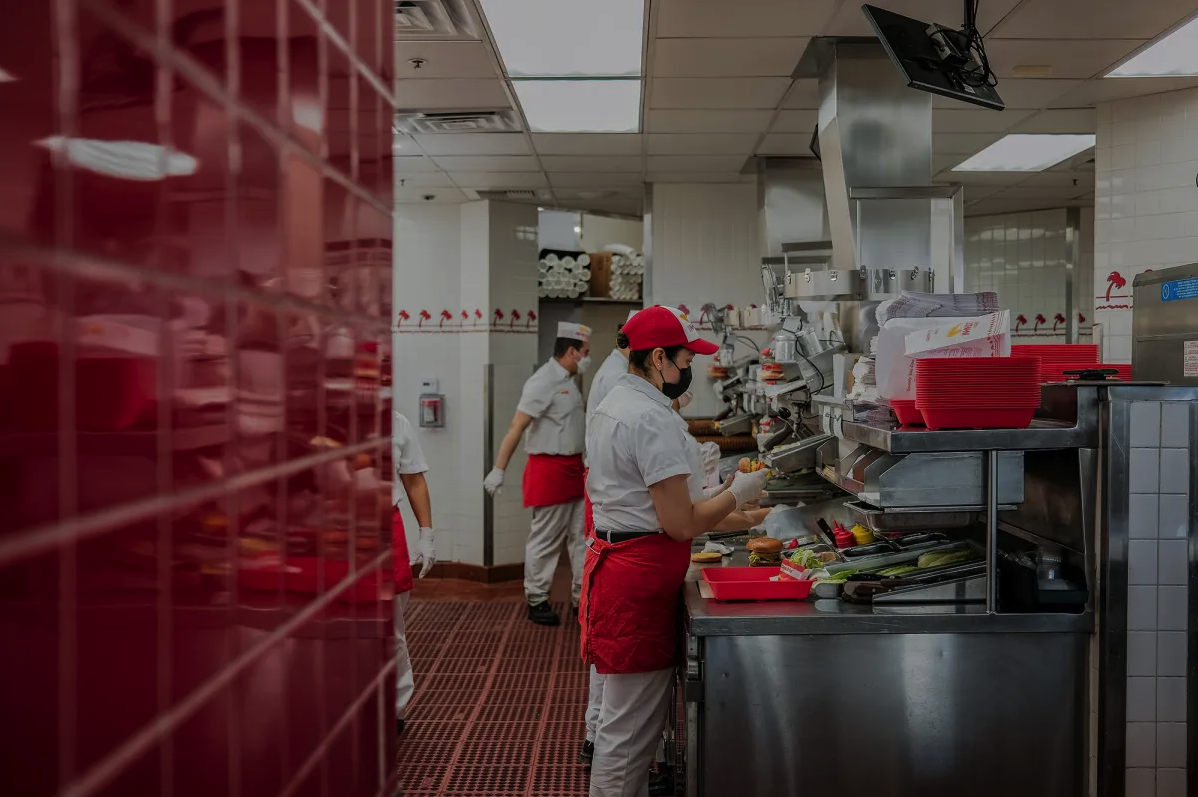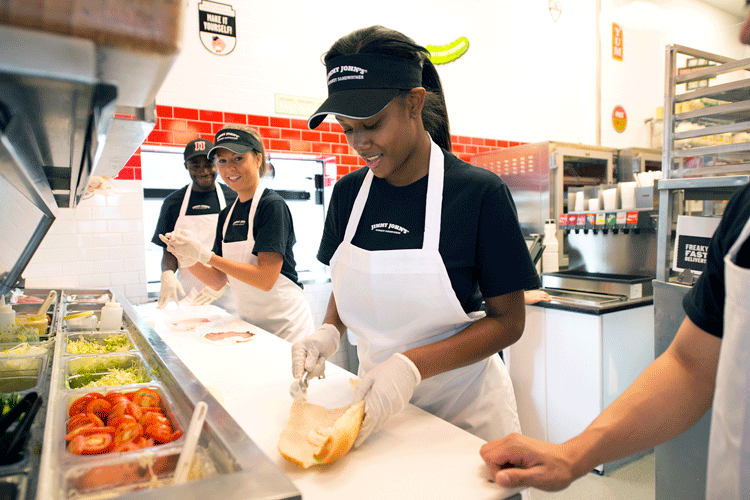Since its passage nearly a year ago, California’s fast-food minimum wage has increased wages for workers by 8-9%, finds a new analysis from Michael Reich + coauthors at UC Berkeley’s Center for Wage and Employment Dynamics. Check out this article from Axios to learn more about the study’s results.
Michael Reich on California’s minimum wage increase in CalMatters
The minimum wage for California’s fast food workers increased to $20/hour, with many critics predicting that firms will respond with mass layoffs and price increases. In this CalMatters article, Michael Reich unpacks the evidence against these predictions and explains how monopsony power has allowed firms to set artificially low wages.
Michael Reich in Berkeley News
“A minimum wage increase doesn’t kill jobs,” says Michael Reich. A new article from Berkeley News highlights a recent working paper by Reich and coauthors at IRLE on the impact of minimum wage laws on small businesses, which finds that higher wages eases employee recruitment and retention. Read the news piece here, and check out the full working paper.
Michael Reich on State Minimum Wage Increases
In CNN, Michael Reich discusses recent state minimum wage increases in the context of existing high inflation, suggesting that recent minimum wage increases will not necessarily result in dramatic increases in prices and labor costs in low-wage sectors. Read more here.
Michael Reich on the California Living Wage Act
A new Opinion piece published in the Los Angeles Times cites research from affiliate Michael Reich on the California Living Wage Act to substantiate calls for a minimum wage increase. Reich found that the Act would have a negligible contribution to inflation – but as the measure failed to qualify for the 2022 ballot, LA Times author Isaac Lozano suggests a wage increase is in the hands of the state legislature. Read the article here.
VOX: Increasing the Minimum Wage Reduces Suicide
Increasing the minimum wage and expanding a tax credit for low-wage workers may prevent more than 1,200 suicides each year, according to a new working paper by a team of UC Berkeley researchers including affiliate Michael Reich. Read VOX’s article on the study here.







